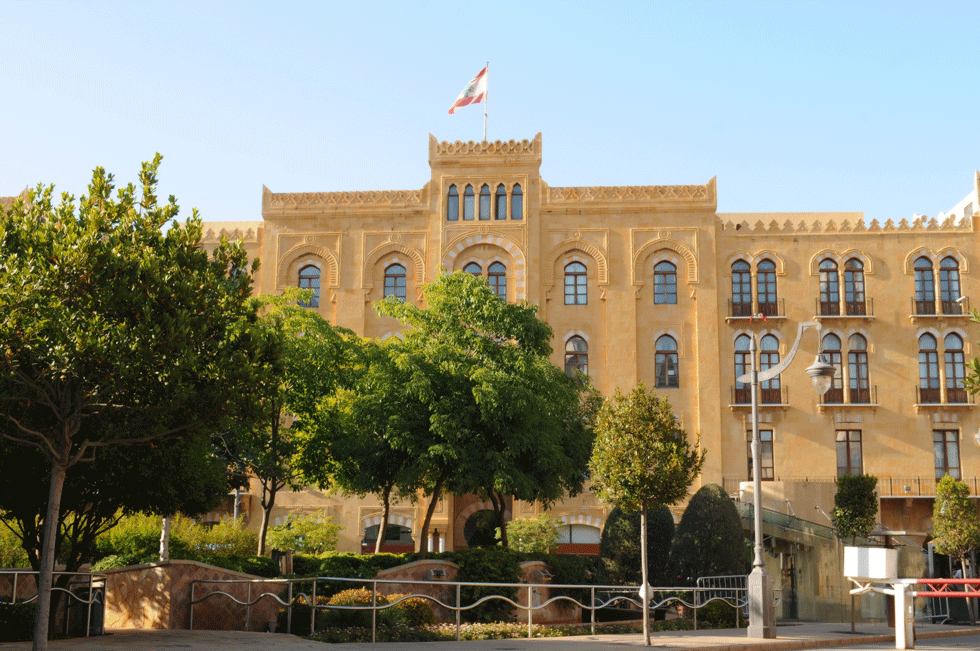

Lebanon is holding the first national parliamentary elections in the country since 2009, with the incumbent parliament having twice extended its term due to instability in Syria and the implementation of significant reforms of the country’s electoral system.
Voters will cast ballots on 6 May, with early details of results expected later that evening. Official results are not expected until 7 or 8 of May.
Under the new electoral laws, passed in 2017, Lebanon is using a list-based proportional system for voting, with seats distributed between numerous Islamic and Christian groups. The new electoral system has also reduced the number of districts, with a total of 128 seats now to be decided in the election. Under the new rules, expatriates will also be able to vote for the first time.
While the introduction of a proportional representation system is intended to facilitate more plurality in Lebanon’s political landscape, many believe that the high threshold limits established for candidates will instead favour the established political blocs rather than creating an opportunity for new parties.
The election is likely to be between the two main rival blocs that have contested Lebanon’s political scene since the assassination of former prime minister Rafiq Hariri in 2005. The two main blocs, the March 14 Alliance, consisting of pro-western and Anti-Syrian parties, and the March 8 Alliance, which is regarded as pro-Syria and Hezbollah, are likely to secure most of the votes between them.
While the March 14 Alliance secured significant early success following its establishment in 2005, since 2008 the Shia group Hezbollah has dominated Lebanon’s political system.
In addition to the significant number of refugees entering the Levant state from neighbouring Syria, Lebanon has faced increased political uncertainty in the past year as Prime Minister Saad al-Hariri, son of Rafik, announced his resignation in November from Saudi Arabia, before later withdrawing it in December after speaking to President Michel Aoun.
Al-Hariri, leader of the March 14 movement, returned to Lebanon to form the government in late 2016 after years in exile. At the same time, Michel Aoun, a senior March 8 figure received the endorsement of Hezbollah, and was appointed as president.
You might also like...

Iraq signs deal to develop the Akkas gas field
25 April 2024

Emaar appoints beachfront project contractor
25 April 2024

Acwa Power signs $356m Barka extension
25 April 2024

AD Ports secures Angola port concession agreement
25 April 2024
A MEED Subscription...
Subscribe or upgrade your current MEED.com package to support your strategic planning with the MENA region’s best source of business information. Proceed to our online shop below to find out more about the features in each package.




